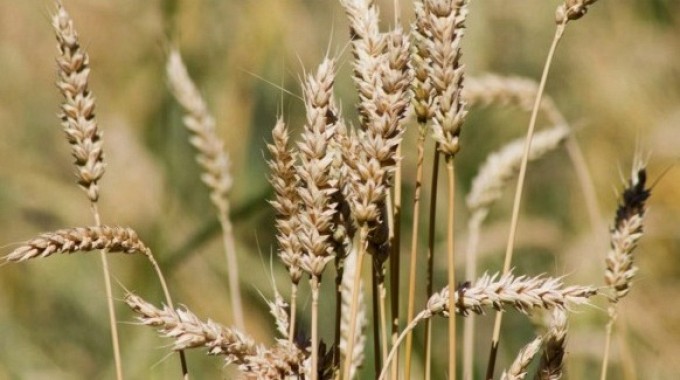
The Association of Agricultural Producers of the Kostanay Region has made a proposal to establish purchase prices for wheat, barley and sunflower for the 2025 harvest. This issue was discussed in the Association in the format of a business club, as well as within the framework of the industry council on agro-industrial complex issues of the Chamber of Entrepreneurs of the Kostanay Region.
Following the discussions, the Association proposed to set the following purchase prices (tenge/ton) for the state reserve procurement:
- Soft wheat (gluten 23–24%) - 110 thousand
- Soft wheat (25–27%) - 120 thousand
- Soft wheat (28% and above) - 130 thousand
- Soft wheat (32% and above) - 140 thousand
- Soft wheat 4–5 class - 90–95 thousand
- Durum wheat 3 class - 145 thousand
- Durum wheat 4 class - 120 thousand
- Barley 2 class - 90 thousand
- Sunflower - 220 thousand
As farmers emphasize, the agro-industrial complex of Kazakhstan is one of the important sectors of the economy, ensuring food security of the country and making a significant contribution to GDP. The head of state set a strategic goal: to double the productivity of the agro-industrial complex by 2030 and increase the gross income of agricultural producers by 2.5 times.
“In 2025, the cost of producing grain crops increased significantly. At the same time, the current situation on the domestic market shows a price gap: even with an increase in yield, a decrease in purchase prices can lead to a drop in gross income below last year’s level. This carries the risk of losing subsidies and government support measures, which is especially critical in the context of rising costs,” emphasized Alexander Borodin, Chairman of the Association of Agricultural Producers of the Kostanay Region.
The Association believes that purchase prices should be formed based on the principle of “the price of sustainable development”, which includes:
covering the cost and obligations;
investments in updating equipment and modernizing infrastructure;
inflation premium;
margin for sustainability — a reserve for unforeseen risks;
Profit as the main source of development and investment attractiveness of the industry.
At the same time, the Association noted that the key role in ensuring a fair price level belongs to the Food Corporation, whose policy forms the guidelines for the entire grain market.
“Only fair pricing will allow agricultural producers to maintain stability, modernize production and fulfill the tasks set by the President of the country,” the Association noted.
The Association’s proposals have been sent to the Food Corporation, the Ministry of Agriculture of the Republic of Kazakhstan and members of Parliament.